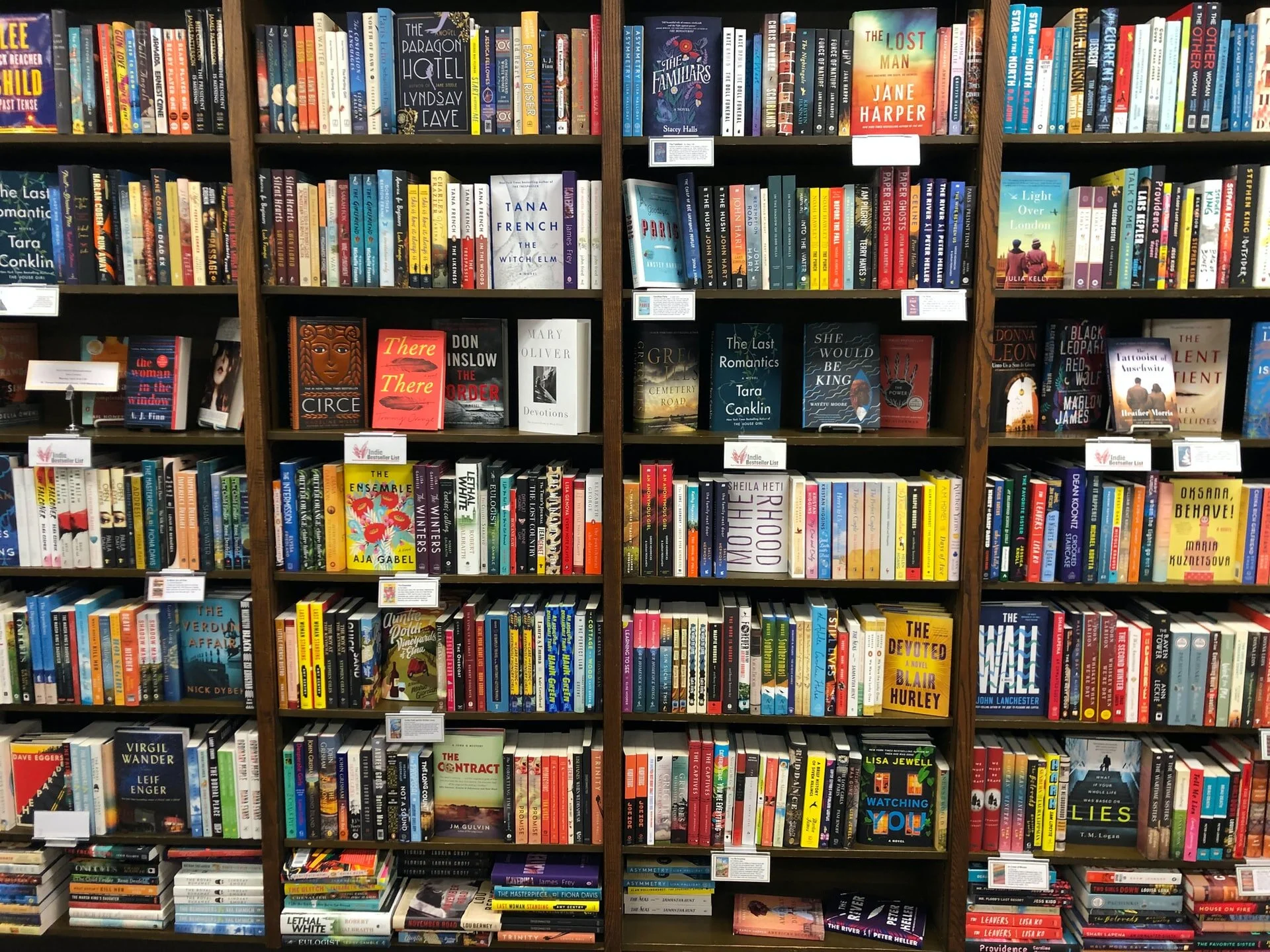What Is Indie Publishing?
I see a fair amount of confusion among writers, readers, and editors about the term indie publishing. And I’m not surprised—it can refer to one of at least two different things.
Renee Fisher/Unsplash
In the world of traditional publishing, indie usually means independent publisher. An indie publisher, like an indie record label, is an independently owned company that isn’t part of a big media conglomerate. Indie publisher and small press are often used interchangeably, because when someone is talking about an indie publisher, that’s usually the kind they mean. But technically speaking, independent doesn’t have to mean small—it’s about structure, not size. Indies are more likely than the big players to accept submissions directly from authors rather than requiring an agent, but not all indies take unagented submissions, and some imprints of the Big Five publishers do take them.
On the other hand, some people use indie author or indie publishing to refer to self-publishing—putting out a book independent of any traditional publisher at all. Some use indie just to describe authors who use an author services company or book packager that handles things like layout, ISBNs, and even marketing for them, as opposed to an author who does absolutely everything themselves. Others use it for both paths.
One thing indie does not mean is vanity publishing. A vanity publisher is a company that charges authors for editing, printing, and marketing, similar to an author services company, but it holds itself out as a traditional publisher, with things like submission guidelines and publisher branding. The Science Fiction & Fantasy Writers of America sums up the problem well: “Pay-to-play publishers may employ some degree of gatekeeping, but their quality-control processes are minimal compared to those of traditional publishers (if author fees are your main income source, you can’t afford to be too picky). Those ‘quality’ services may contribute to a staggering cost—or not be quality at all, to avoid cutting into profits.” In other words, it’s not traditional publishing and it’s not self-publishing; in some ways, it’s like the worst of both worlds. You can learn more about vanity publishing on the SFWA website.
The bottom line is that not everyone uses indie to mean the same thing—and that’s the case for other terms in editing and publishing, too. It’s always important to keep those differences in mind when you go looking for information and advice.
